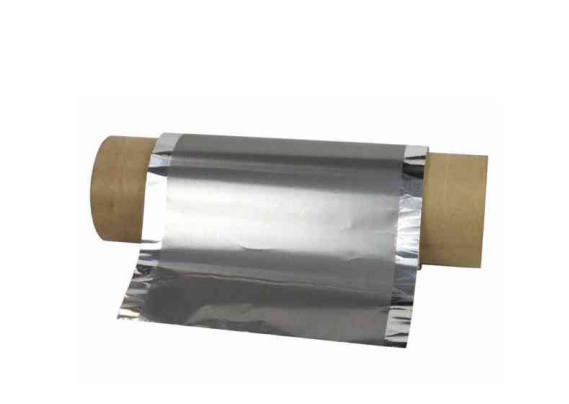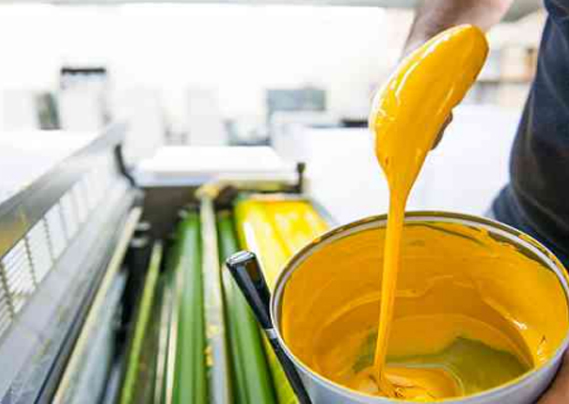Acrylic Resin
Acrylic resins feature excellent transparency and durability, and are used in a broad range of applications from consumer items like lenses to industrial products like molding materials, coatings and adhesives. In addition, acrylic resins are also used in other areas, such as binders for paper/fiber processing, PC screens, display windows for cellular phones and light guide panels for liquid crystal display (LCD) backlights. Due to their excellent durability and weatherability as coating materials, acrylic resins are used extensively in applications such as automotive, architectural and plastic coatings.
Acrylic resins have the below general characteristics.
- Appearance (gloss, build)
- Weather resistance
- Adhesion
- Transparency
- Hardness
- Heat resistance
- Chemical resistance
- Water resistance
- Workability
Applications of Acrylic Resin
Acrylic resins are related thermoplastic or thermosetting plastic substances created from acrylic acid, methacrylic acid or other related compounds. They are clear with good tensile strength. Acrylic resins are impact and UV resistant. They are used for structural and decorative panels, adhesives, elastomers, coatings, signs, and translucent tiles
Parameter Of Acylic Resin
| PRODUCT CODE | PRODUCT NAME | Appearance | Physical State | Acid Value | Total Solid | Viscosity | Shelf Life | Application |
|---|---|---|---|---|---|---|---|---|
| PM - 3001 EAR | Acrylic Resin | Water Like | Liquid | 3 ± 1 | 70 ± 5 | 35000-40000 cps | 6 Month's | Foil Coating, Overprint Varnishes, Industrial Wood, Joinery, Flatstock, Coating, Primers, Inks, Paints etc.. |
| PM - 3002 EAR | Acrylic Resin | Water Like | Liquid | 3 ± 1 | 97 ± 2 | 180000-200000 cps | 6 Month's | Foil Coating, Overprint Varnishes, Industrial Wood, Joinery, Flatstock, Coating, Primers, Inks, Paints etc.. |





